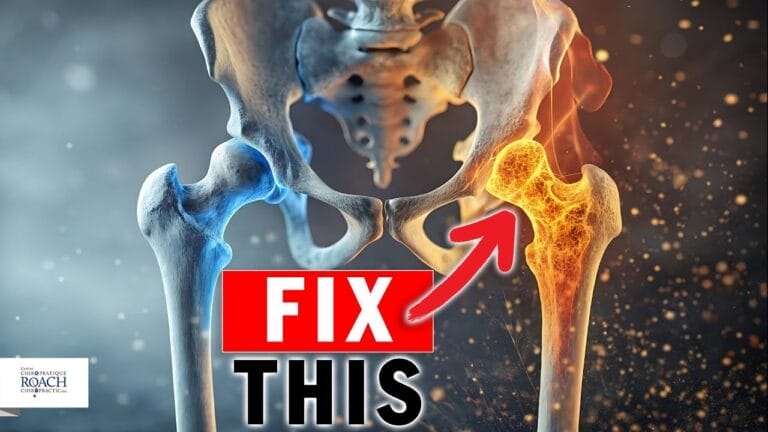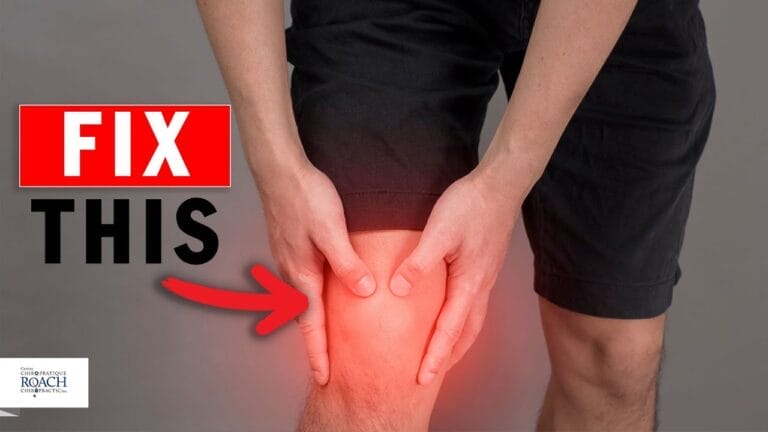Sciatic Nerve Pain Locations and Symptoms
Sciatic nerve pain, commonly referred to as sciatica, is a condition that affects millions of people worldwide. Characterized by pain radiating along the sciatic nerve, which runs from the lower back down the legs, sciatica can significantly impact mobility and quality of life. Chiropractic care offers a natural, non-invasive approach to managing sciatic pain by addressing its root causes and improving spinal health. This blog explores the location of sciatic pain, common symptoms, and effective chiropractic solutions for long-term relief.

Sciatic Nerve Pain Location & Symptoms
Where Does Sciatic Pain Occur?
The sciatic nerve is the longest and widest nerve in the human body, originating in the lower back and running through the buttocks and down each leg. Sciatic pain typically follows this path, affecting:
- Lower back
- Buttocks
- Back of the thigh
- Calf muscles
- Foot and toes
Common Symptoms of Sciatic Pain
Recognizing the symptoms of sciatic pain is essential for early intervention. Common signs include:
- Sharp or burning pain radiating from the lower back down the leg.
- Numbness or tingling in the affected leg or foot.
- Weakness in the leg or difficulty walking.
- Pain that worsens with prolonged sitting or standing.
- Discomfort when bending or twisting the spine.
If these symptoms persist, seeking chiropractic care can help address the underlying causes and prevent further complications.
Step-by-Step Guide to Managing Sciatic Pain Through Chiropractic Care
Step 1: Chiropractic Evaluation & Spinal Adjustments
A chiropractor assesses spinal alignment and nervous system function. Adjustments help restore proper nerve communication, reducing pain and improving mobility.
Step 2: Postural Corrections & Ergonomic Adjustments
Improving posture through chiropractic guidance and ergonomic modifications prevents muscle strain and enhances spinal stability.
Step 3: Soft Tissue Therapy & Rehabilitation Exercises
Chiropractors recommend targeted exercises to strengthen core muscles and improve flexibility.
Step 4: Nervous System Optimization
Chiropractic adjustments enhance nervous system function, improving proprioception (body awareness) and coordination.
Step 5: Lifestyle Modifications & Ongoing Care
Regular chiropractic visits, hydration, and proper nutrition support long-term sciatic pain relief.
Short & Long-Term Benefits of Chiropractic Care for Sciatic Pain
Short-Term Benefits
- Immediate relief from nerve compression and discomfort.
- Improved posture and spinal alignment.
- Enhanced mobility and flexibility.
Long-Term Benefits
- Sustained pain reduction and improved spinal health.
- Strengthened musculoskeletal system.
- Reduced risk of recurring sciatic pain.
Best Practices & Daily Routines for Sciatic Pain Prevention
- Maintain proper posture while sitting and standing.
- Engage in regular chiropractic visits for spinal health.
- Perform core-strengthening exercises to support spinal alignment.
- Stay hydrated and consume nutrient-rich foods.
- Incorporate mindfulness techniques to enhance body awareness.
Exercises & Stretches to Relieve Sciatic Pain
Piriformis Stretch
- Sit on a chair and cross one leg over the other in a figure-four position.
- Lean forward slightly until you feel a stretch.
- Hold for 30 seconds and switch sides.
Knee-to-Chest Stretch
- Lie on your back and pull one knee toward your chest.
- Hold for 20–30 seconds, then switch sides.
- Repeat 3–5 times.
Cat-Cow Stretch
- Start on all fours and alternate between arching and rounding your back.
- Perform slow, controlled movements for 30 seconds.
The Importance of Consistent Chiropractic Care
Regular chiropractic care ensures that spinal health remains optimal, preventing sciatic pain-related issues. Ongoing adjustments help maintain nervous system function, allowing the body to operate at peak efficiency. By committing to consistent chiropractic visits, individuals can experience sustained improvements in mobility, posture, and overall wellness.
Trusted Resources for Further Information
Conclusion: Take Control of Your Sciatic Pain Today
Sciatic pain can be debilitating, but chiropractic care offers a natural, effective solution for relief and prevention. Whether addressing spinal misalignments, optimizing mobility, or incorporating targeted exercises, chiropractic solutions provide lasting benefits.
For personalized chiropractic care tailored to your needs, contact Roach Chiropractic today and take the first step toward a pain-free, healthier life.
SHARE THIS






